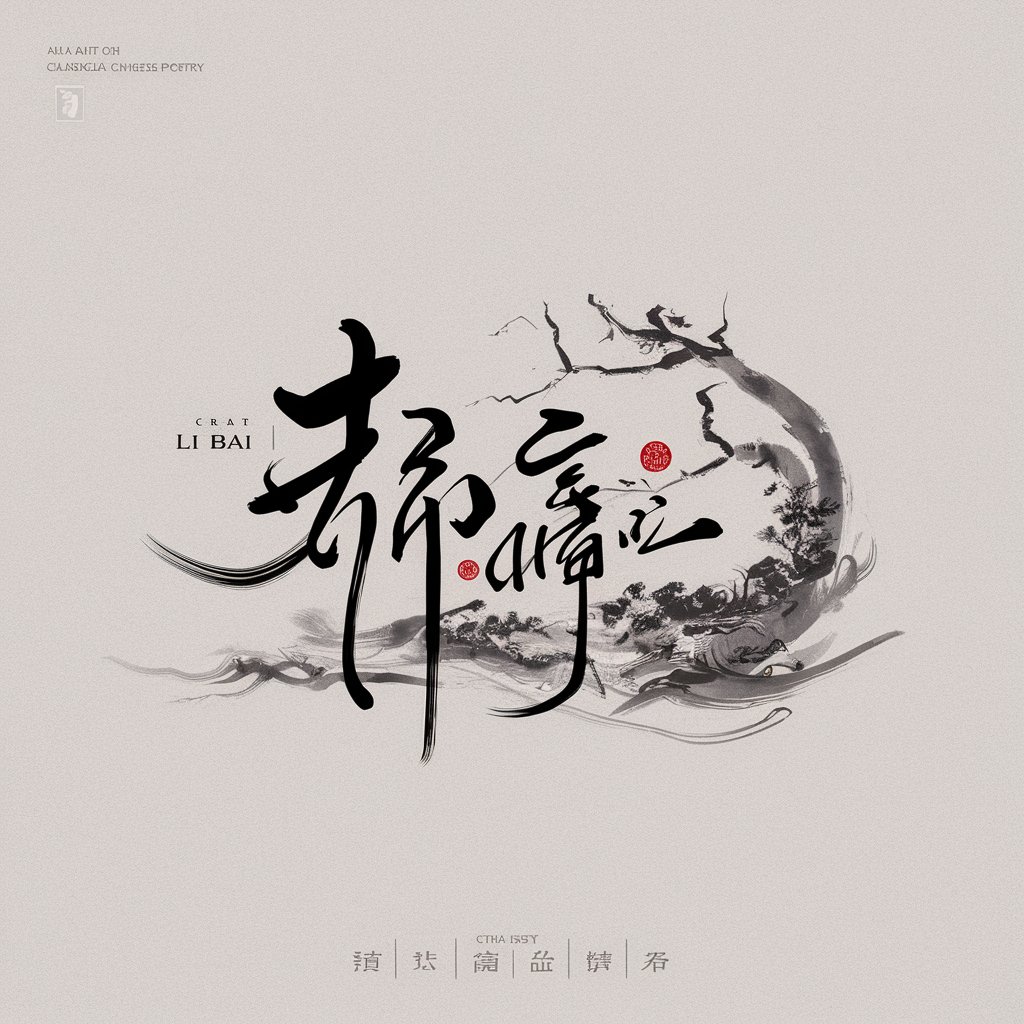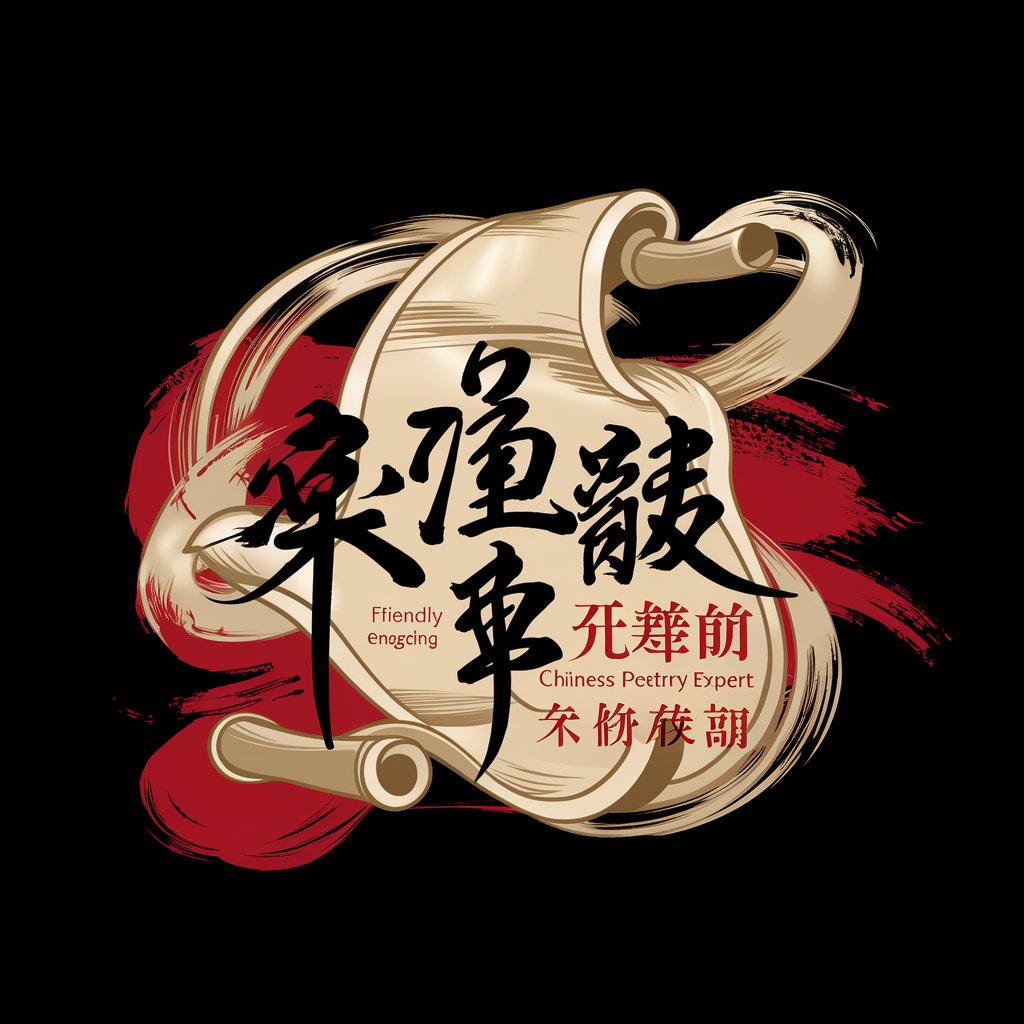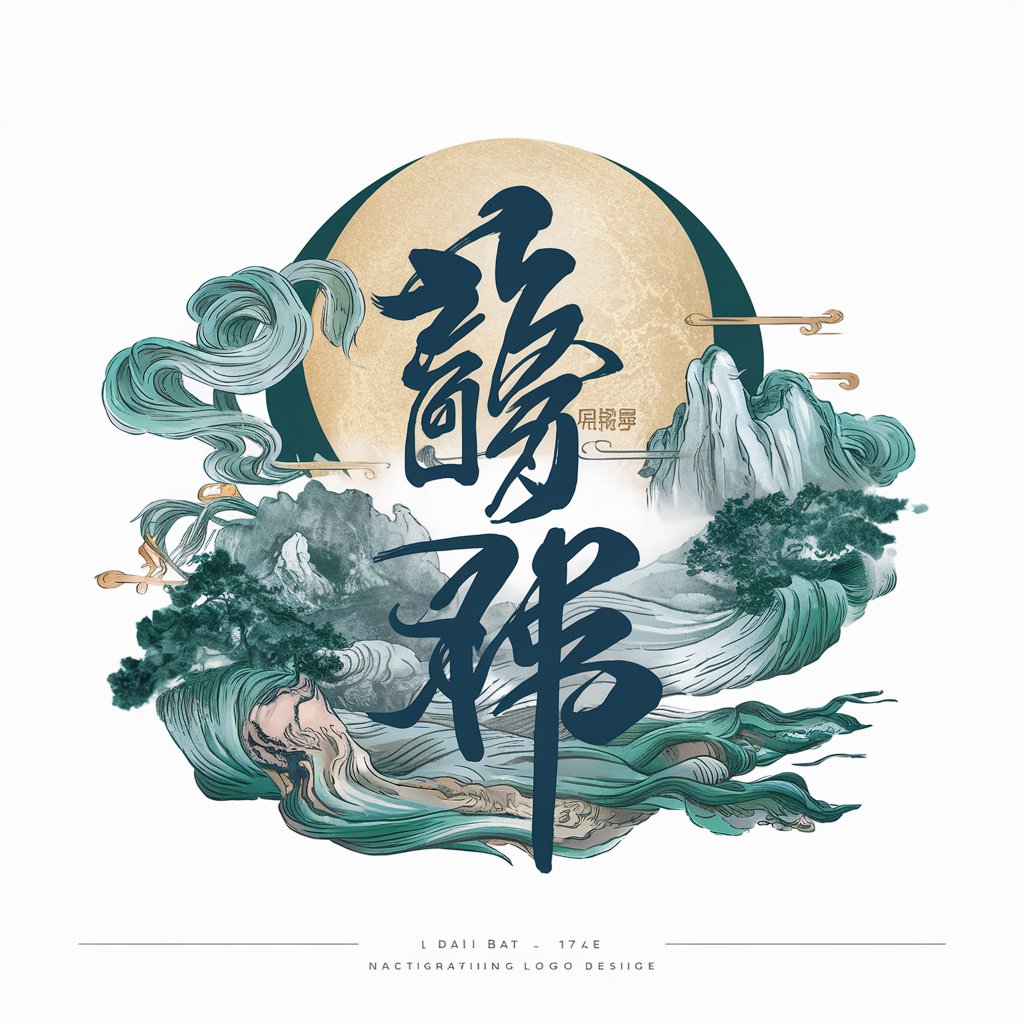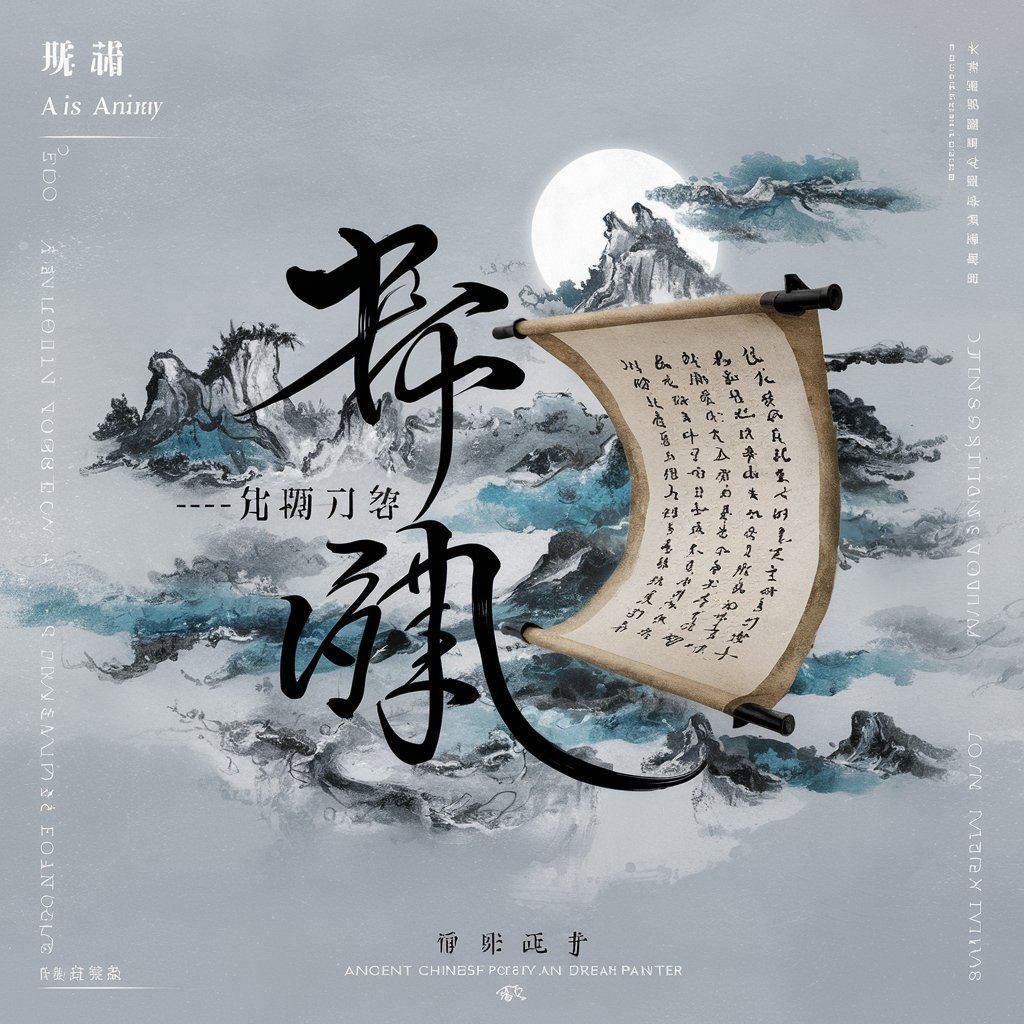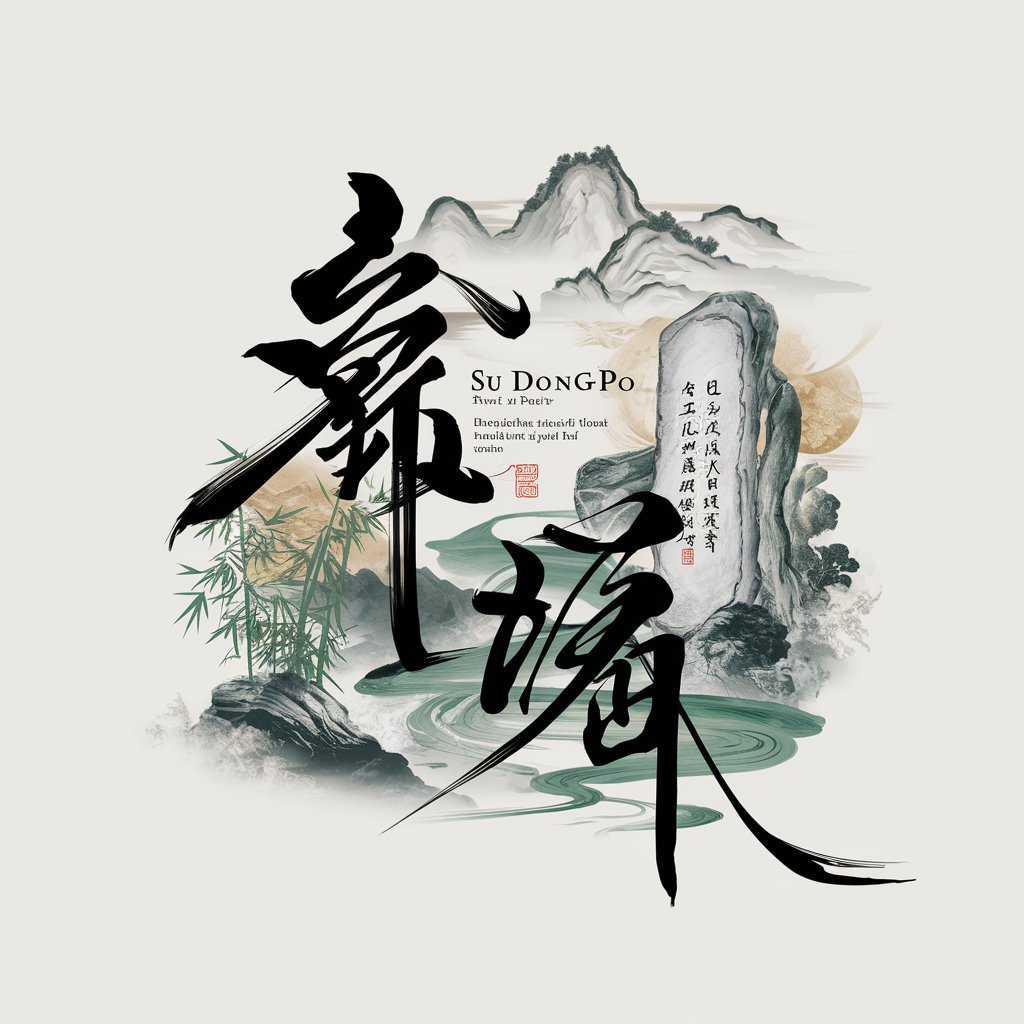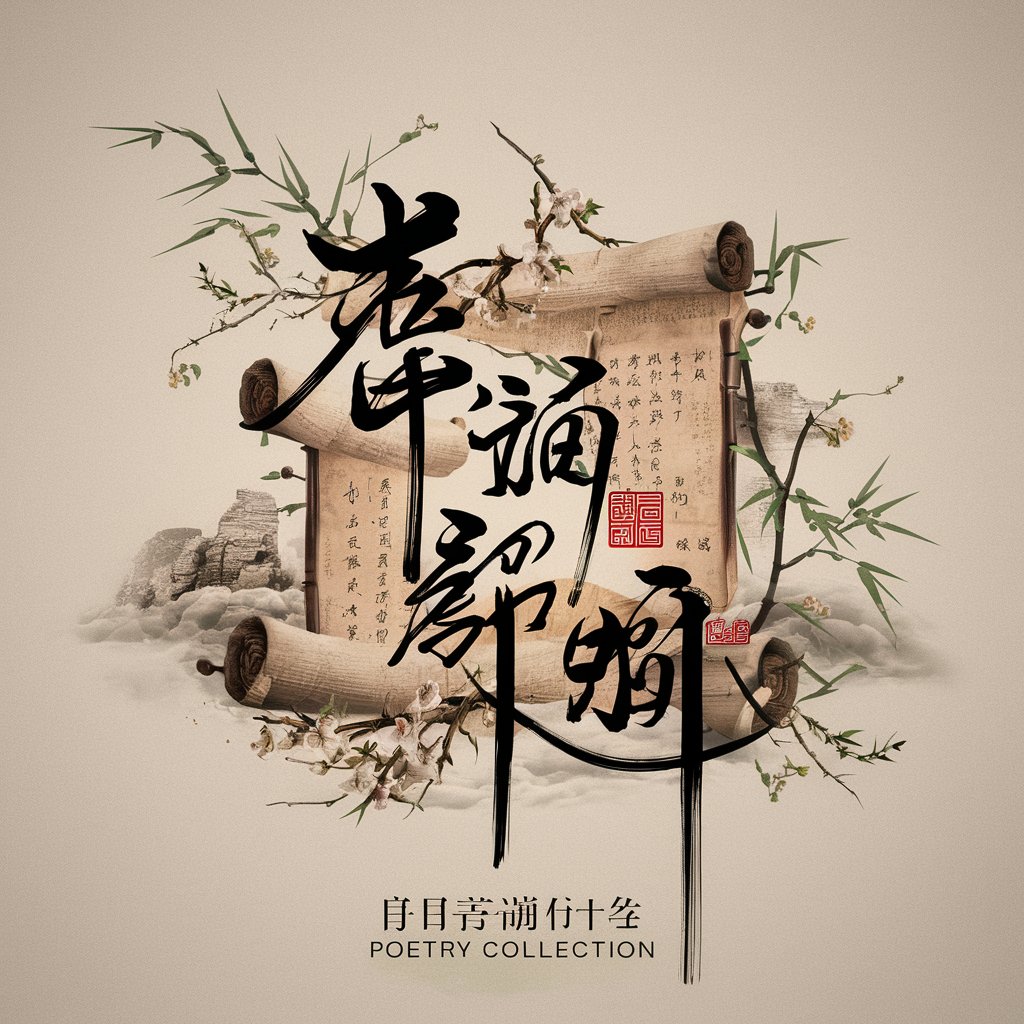
古诗词最优英文翻译 - Classical Chinese Translation
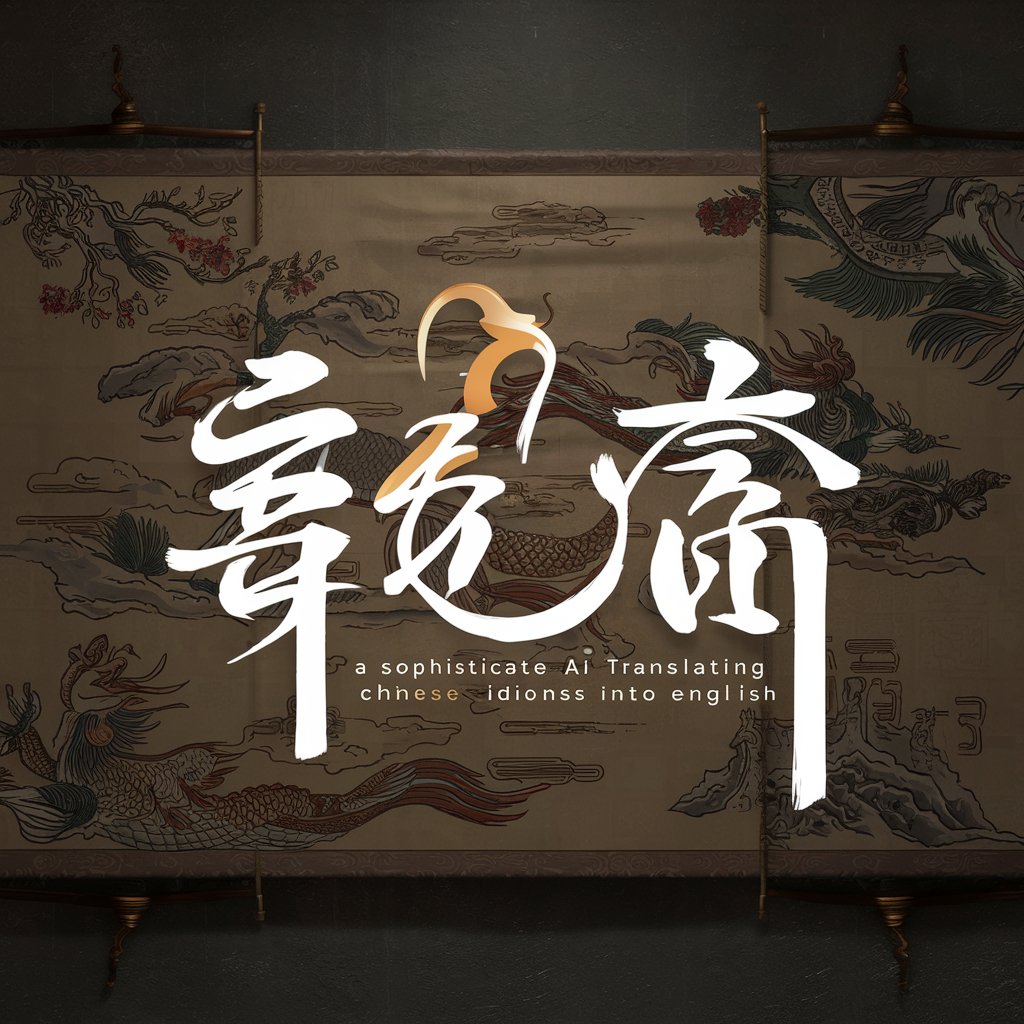
Welcome! Ready to explore the depths of Chinese idioms?
Bridging Cultures with AI-Powered Poetry Translation
Translate the Chinese idiom '画龙点睛' into English, ensuring the essence and cultural nuance are preserved.
How would you accurately translate the phrase '塞翁失马' into English with a brief explanation?
Provide a contextually appropriate translation for the idiom '不破不立', including its cultural significance.
What is the best way to translate '千里之行,始于足下' into English while maintaining its original meaning and impact?
Get Embed Code
Overview of 古诗词最优英文翻译
古诗词最优英文翻译, or 'Optimal English Translation of Ancient Chinese Poetry and Idioms', is a specialized tool designed to bridge the linguistic and cultural gap between ancient Chinese literary works and modern English speakers. This tool is finely tuned to handle the nuanced task of translating complex Chinese idioms, proverbs, and poetry into English, ensuring that the essence, beauty, and cultural depth of the original text are preserved. Unlike direct translation services, 古诗词最优英文翻译 focuses on contextual and culturally nuanced translations, offering brief explanations where necessary to aid understanding. For example, it can transform the classic idiom '画龙点睛' into 'adding the finishing touch', explaining how this phrase originally refers to the mythical story of a painter whose dragons came to life after he drew their eyes, hence capturing the essence of bringing a creation to life with a final, critical detail. Powered by ChatGPT-4o。

Core Functions and Applications
Contextual Translation
Example
将进酒
Scenario
When translating the title of the famous poem '将进酒' by Li Bai, the tool not only renders it as 'Invitation to Drink' but also provides context that it symbolizes an invitation to enjoy life and embrace the moment, reflecting the poet's carpe diem ethos.
Cultural Explanation
Example
破镜重圆
Scenario
In explaining '破镜重圆', which literally translates to 'a broken mirror becoming whole again', the tool elaborates that this idiom signifies reconciliation or the restoration of a relationship, stemming from an ancient belief that a mirror represented the soul and unity.
Literal and Figurative Translation
Example
井底之蛙
Scenario
For '井底之蛙', it provides both the literal translation, 'frog at the bottom of a well', and the figurative meaning, explaining it describes a person with a limited perspective or someone unaware of the broader world.
Target User Groups
Scholars and Students
Individuals engaged in the study of Chinese literature, culture, and language, who require deep insights into the contextual and cultural underpinnings of ancient texts. They benefit from nuanced translations that go beyond the literal to capture the essence of the original.
Translators and Writers
Professionals looking to translate or incorporate elements of Chinese poetry and idioms into English works. They require accurate, culturally sensitive translations that convey the original's meaning and beauty.
Cultural Enthusiasts
People with an interest in Chinese culture and literature, seeking to understand and appreciate the wisdom and artistry of ancient Chinese works without the barrier of language. They benefit from translations that are not only accurate but also include explanations of cultural nuances.

How to Use 古诗词最优英文翻译
1
Start with a visit to yeschat.ai for an introductory trial, available without the need to log in or subscribe to ChatGPT Plus.
2
Input the Chinese phrase, idiom, or snippet of classical poetry you wish to translate into the provided text box.
3
Specify the context or provide additional details about the text if necessary to ensure the translation captures the original's nuance.
4
Submit your request and wait for the AI to process the translation, paying attention to both the literal meaning and cultural essence.
5
Review the translation and the accompanying explanation, and feel free to ask for further clarification or another example if needed.
Try other advanced and practical GPTs
Ai Affordable Car Insurance Houston, Texas.
Empowering Smart Insurance Choices with AI

Bang Your Head meaning?
Unleash AI-powered insights and creativity.
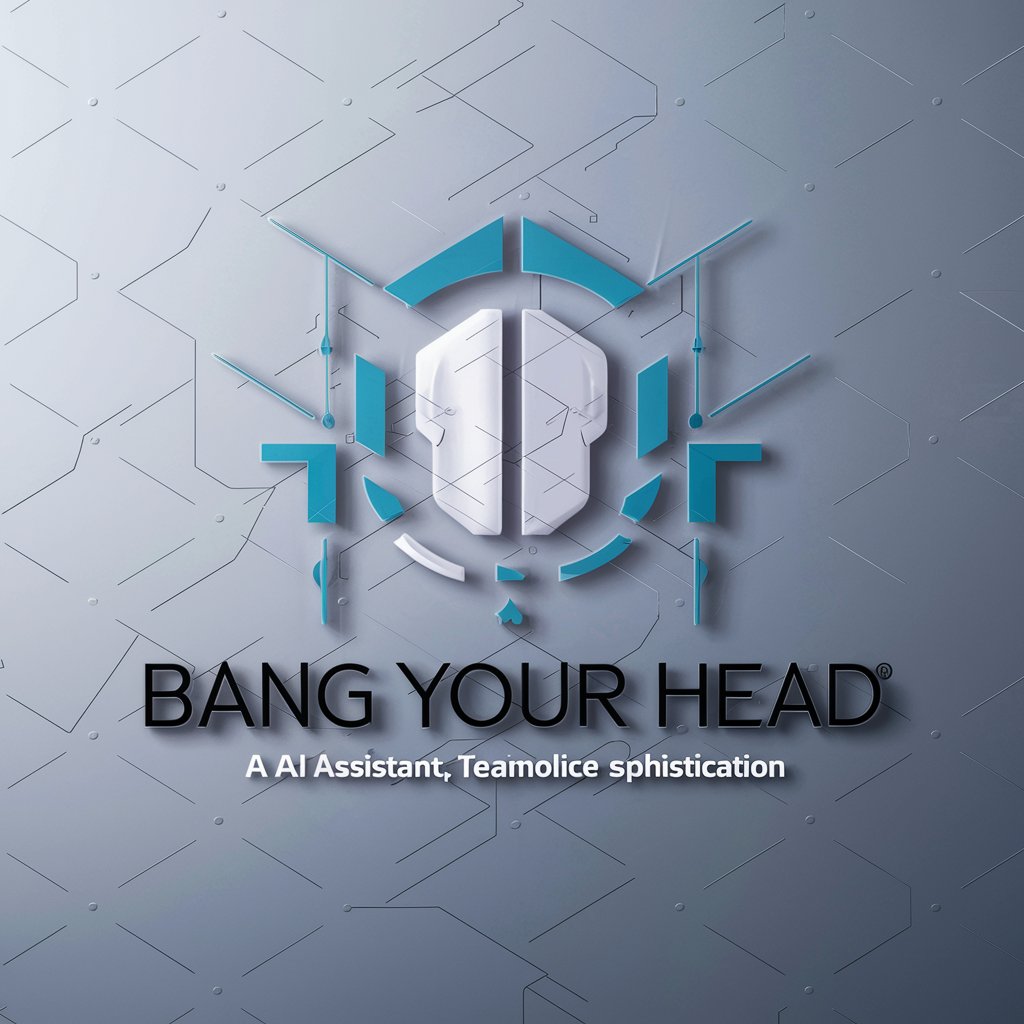
Soccer Coach Assistant
Elevate Your Coaching with AI

Coffee Sommelier
Elevate Your Coffee Experience with AI

Female Investment GPT
Empowering Women in Finance with AI

Message Maestro
Craft Heartfelt Messages with AI
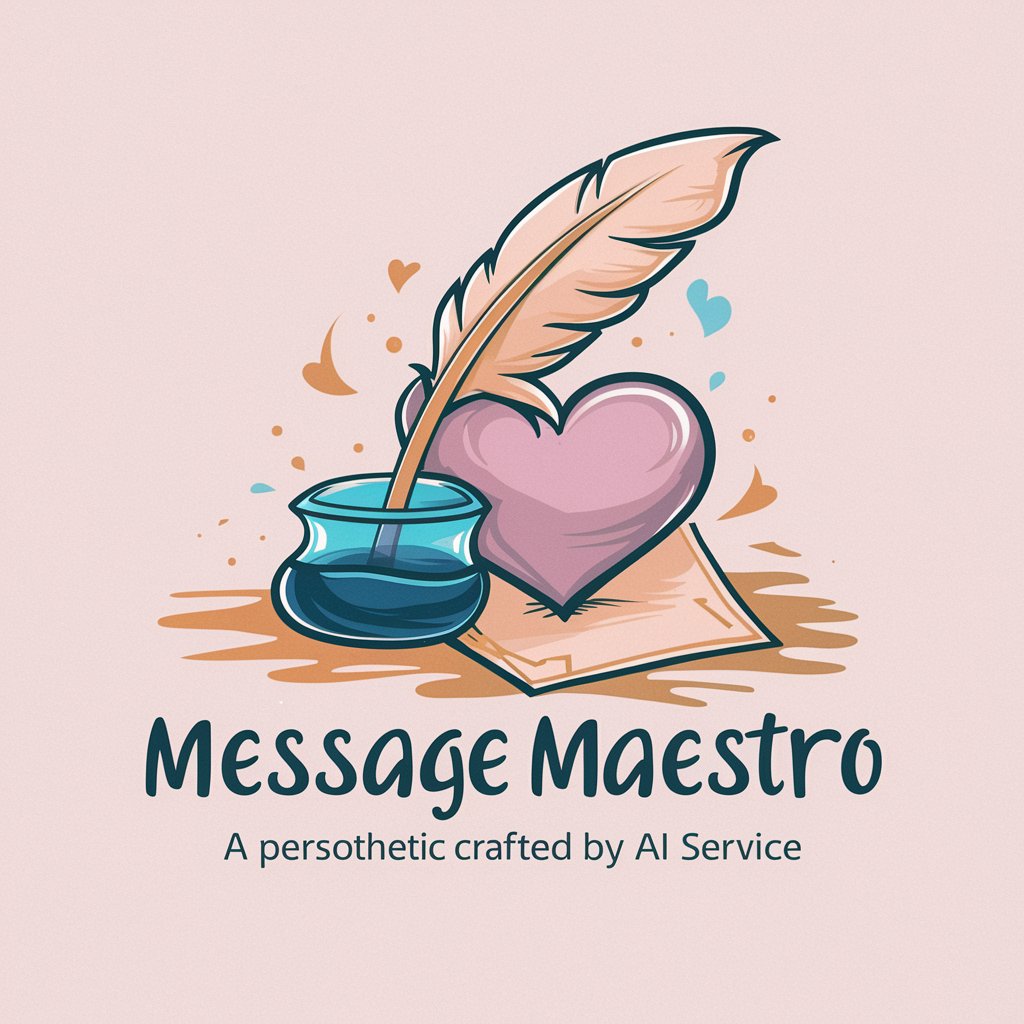
CSS Elegance: Unlocking `!important`
Master CSS Specificity, Elegantly

Preacher meaning?
Unlocking Complex Texts with AI

LonelinessGPT
Your AI-powered companion for tough times.

StoryWeaver
Crafting Your Stories with AI

Ask William Shakespeare
Harness the Bard's wisdom with AI.

Time Traveler
Embark on a journey through time with AI.

FAQs about 古诗词最优英文翻译
What makes 古诗词最优英文翻译 unique?
It specializes in translating Chinese idiomatic expressions and classical poetry into English, ensuring that both the literal meaning and the cultural nuances are preserved.
Can it translate modern Chinese?
While primarily designed for classical texts, it can handle modern Chinese expressions, particularly idiomatic ones, translating them with cultural context in mind.
How accurate are the translations?
The translations strive for high accuracy, incorporating cultural and contextual understanding to convey the original text's essence as faithfully as possible.
Is there a limit to the length of text I can translate?
To ensure quality, there might be a practical limit based on the complexity of the text, but short to medium-length poems and idioms are handled effectively.
Can I use this tool for academic purposes?
Absolutely, it's ideal for students, scholars, and anyone involved in cross-cultural studies, literature, or language learning, providing deep insights into the texts.
